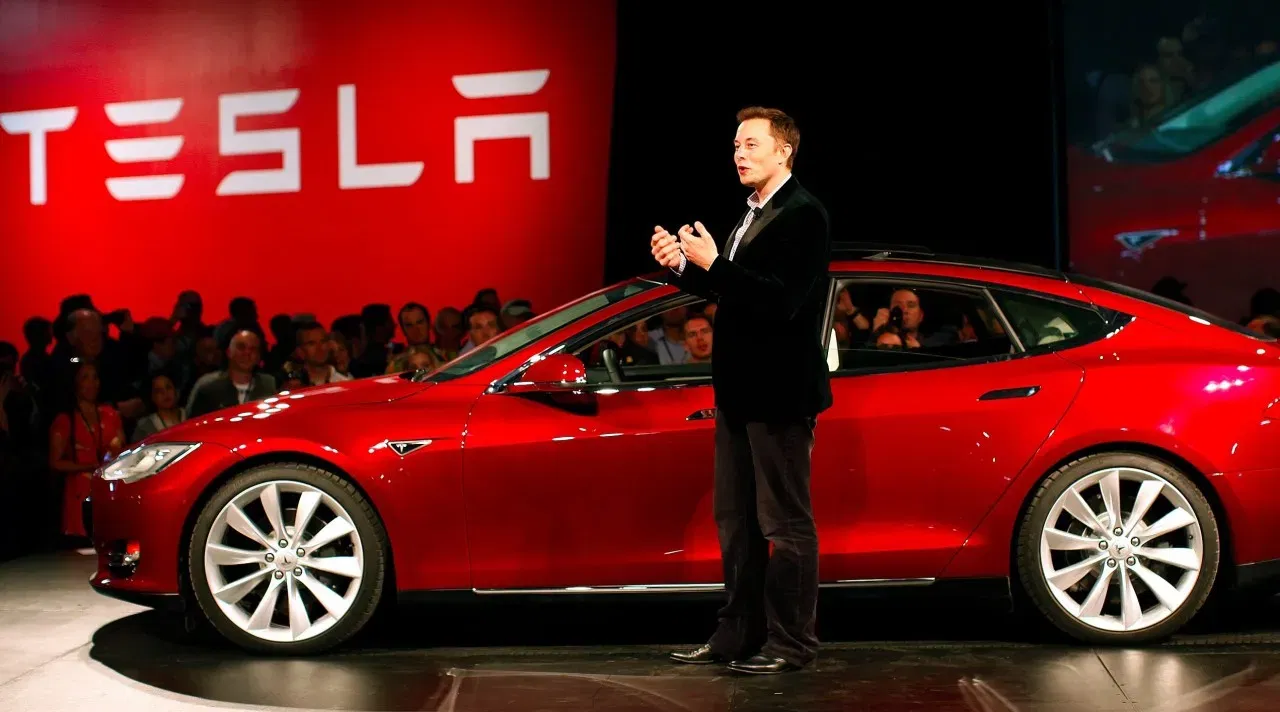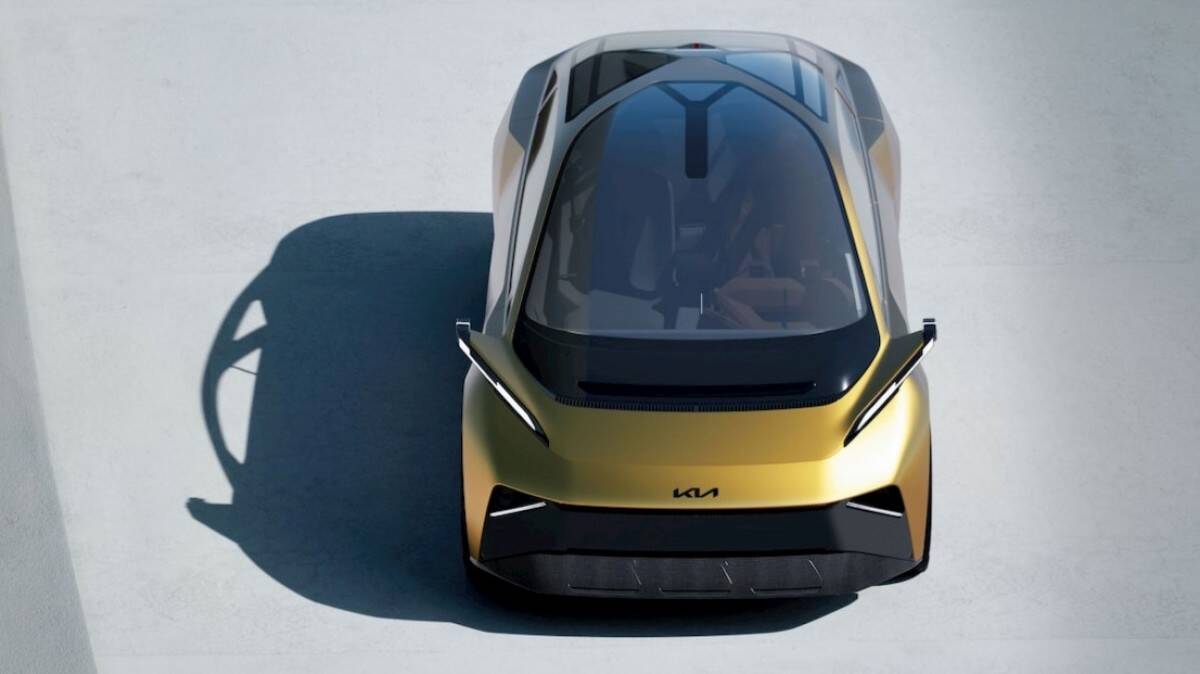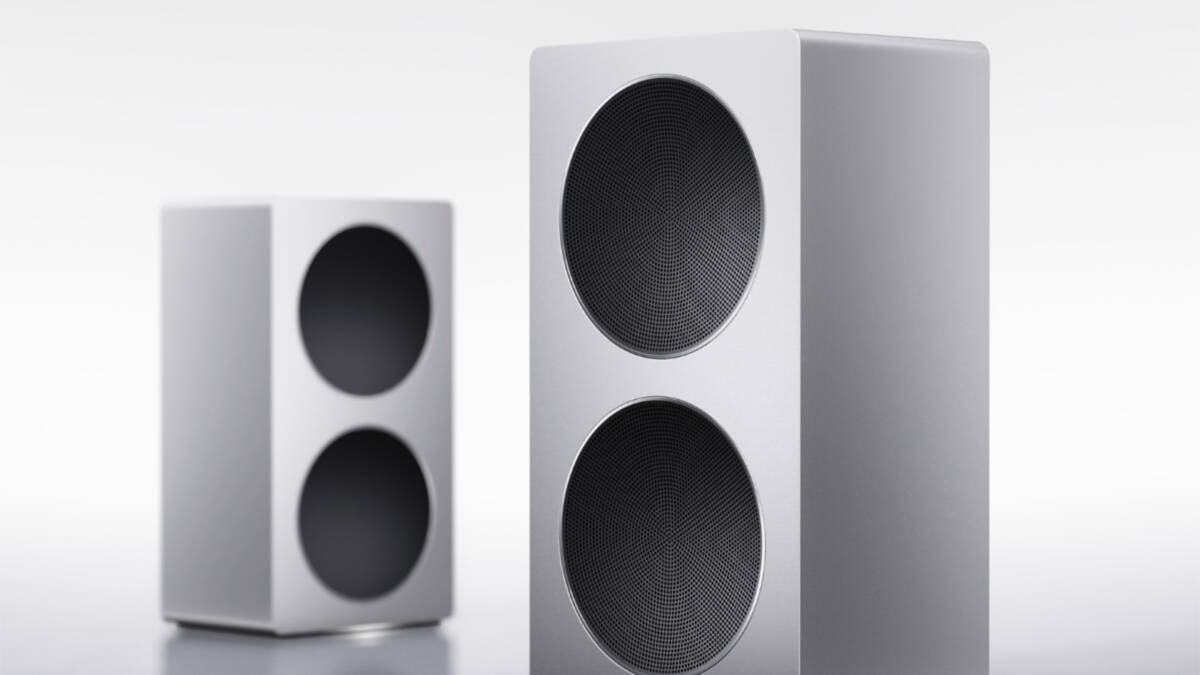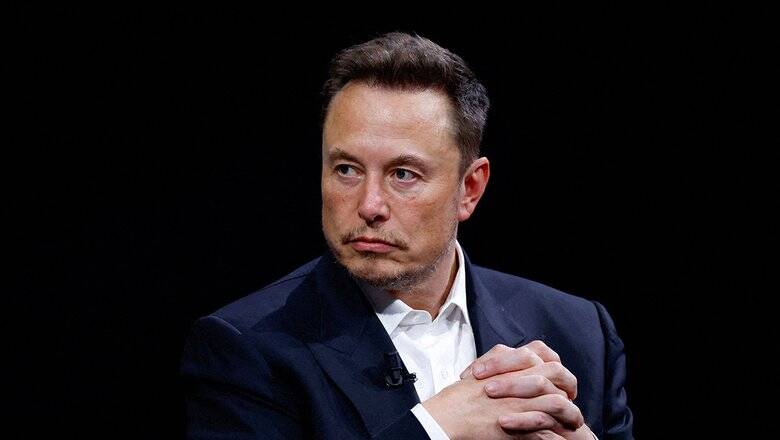How Tesla can get around Trump’s tariffs while other automakers suffer losses

President Trump’s recent changes in tariff policy have led to considerable economic uncertainty and confusion. The increased import duties affect nearly every industry, but some sectors will face more severe impacts than others. Automakers, in particular, may find themselves in a difficult situation due to the stricter measures against imported cars and parts. The only exception will be Tesla, the electric car company headed by close Trump confidant and DOGE mastermind Ilon Musk.
Tesla, the electric car company led by Trump confidant and DOGE mastermind Ilon Musk, will be the only exception.
How exactly the new tariffs will affect U.S. car companies remains unclear. However, if the current situation continues, Tesla could avoid the high costs that other manufacturers will have to face.
And if the current situation continues, Tesla will be able to avoid the high costs that other manufacturers will have to face.
On March 26, 2025, Trump imposed a 25 percent tariff on cars and parts. A base duty of 10% on all imports also went into effect in early April. Those taxes remain in place as larger reciprocal tariffs for many countries remain in limbo amid a 90-day pause.
More reciprocal tariffs for many countries remain in limbo amid a 90-day pause.
It’s important to note that the duty on automobiles does not apply to importers under the United States, Mexico and Canada Agreement (USMCA), although the tax still applies to any “non-U.S. content.” This means that some Canadian and Mexican vehicles or components may face increased costs. Cars made in the US have some benefits: after negotiations with automakers, Trump’s new tariff scheme will reimburse manufacturers up to 3.75% of the cost of a vehicle for those cars assembled in the US. However, this reimbursement will be phased out gradually and will disappear completely in three years.
Tesla’s benefits under the new tariffs
Cars with 85% domestic content will also be able to avoid duties on parts. Tesla is in an advantageous position here – it meets this standard. In addition, steel and aluminum from Canada and Mexico are exempt from the 25% tariff on those metals. However, U.S. automakers could face higher import duties when purchasing these inputs from other countries.
American automakers have already begun expressing concerns about the new tariffs. Ford CEO Jim Farley said, “A 25 percent tariff across the Mexico-Canada border would create a hole in American industry.” At the same time, GM CEO Mary Barra said it was possible to mitigate half of the resulting costs.
There is one automaker, however, that can avoid more than half of the impact of these tariffs – Tesla. The company can benefit from the new taxes through fewer price disruptions than its competitors. That’s especially important for Tesla in light of the stock’s 43% drop between December 2024 and March 2025.
Tesla can remain relatively unscathed thanks to the fact that most of its production is domestically based. Ilon Musk has repeatedly emphasized this aspect: “Tesla is the most vertically integrated automaker in America with the highest percentage of U.S. content.”

The company manufactures all of its vehicles for North American markets in plants in the United States. Most other domestic automakers get some of their inventory from international sources. So even if Tesla does feel the impact of the tariffs on materials, it will be less affected than most of its competitors.
As Boulder Progressives co-founder Eric Budd pointed out on Bluesky: the exemption for 85% domestic content benefits Tesla. Budd called it a “Tesla-only tariff exemption,” since few other automakers meet that standard.
Tesla’s existing presence in the U.S. also gives it a long-term advantage. Other companies could try to avoid tariffs by relocating their operations, but this is costly and time-consuming.
Trouble even under a friendly administration
Tesla nonetheless faces serious challenges even under a friendly administration. Consumers both in the U.S. and abroad are reacting negatively to Musk’s association with Trump; this negative perception has already taken its toll on the company – Tesla’s profits fell a staggering 71% in the first quarter of 2025 due to declining sales.
Tesla’s profit fell a staggering 71% in the first quarter of 2025 due to lower sales.
It’s also worth considering the impact of Trump’s tariffs on trade relations with other countries. For example, Tesla stopped selling the Model X and S in China after imposing a 125% tariff on imports from the U.S. there. Losing that market could reduce the benefits of domestic production for the company.
It’s unclear exactly how Trump’s new tariff scheme will work. However, if the current tax regime remains unchanged, Tesla will have a distinct advantage over other automakers. Time will tell how this will affect sales and prices of the company’s cars.
The How Tesla can beat Trump’s tariffs while other automakers suffer losses was first published on ITZine.ru.








